"Adventures in Tandem Nursing: Breastfeeding During Pregnancy and Beyond" by Hilary Flowers.
Other parents may feel that the time is right to say good-bye to nursing. For these parents, we offer support and information on how they can create a weaning process that is gentle on their bodies and their hearts. There are lots of different tips and tricks available!
kellymom.com/ages/older-infant/ttc-while-bf/
Let us know if you have any questions! And, if you've successfully nursed through pregnancy, tandem nursed, or weaned your kiddo, we'd love to hear about your experience!
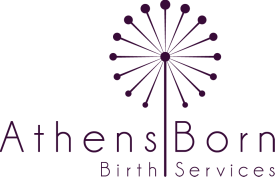
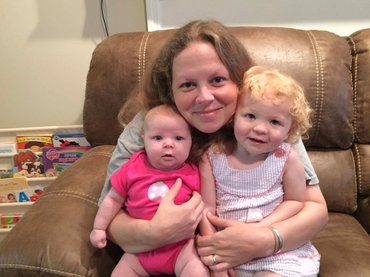

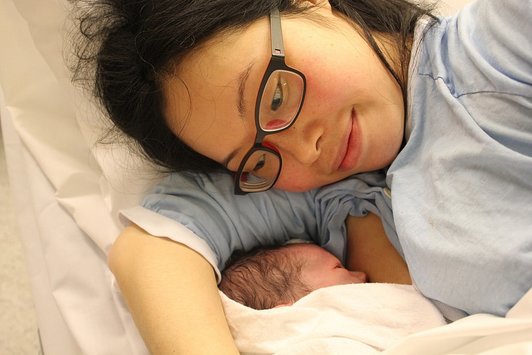

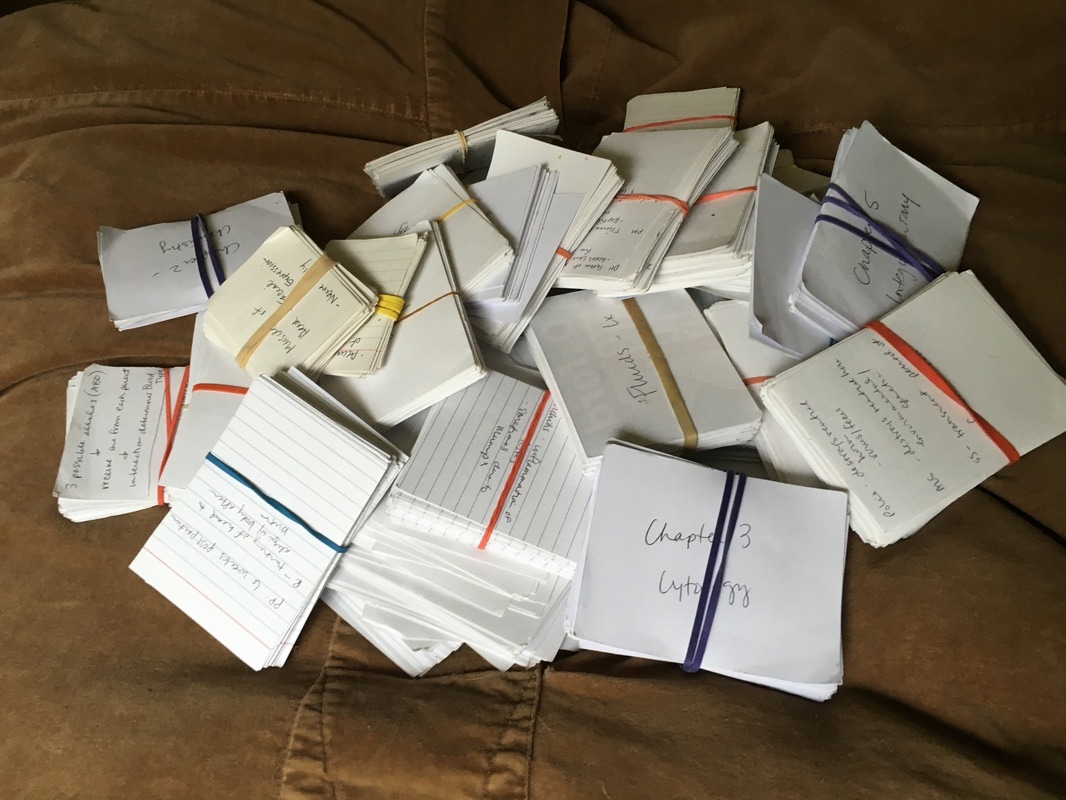

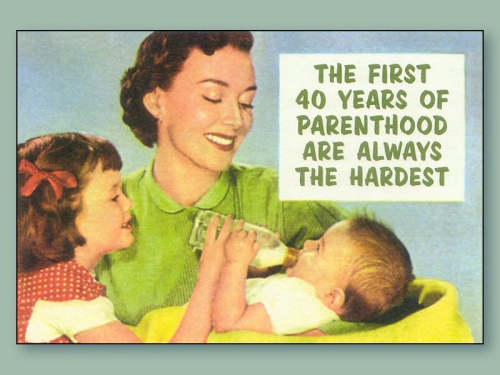


 RSS Feed
RSS Feed

